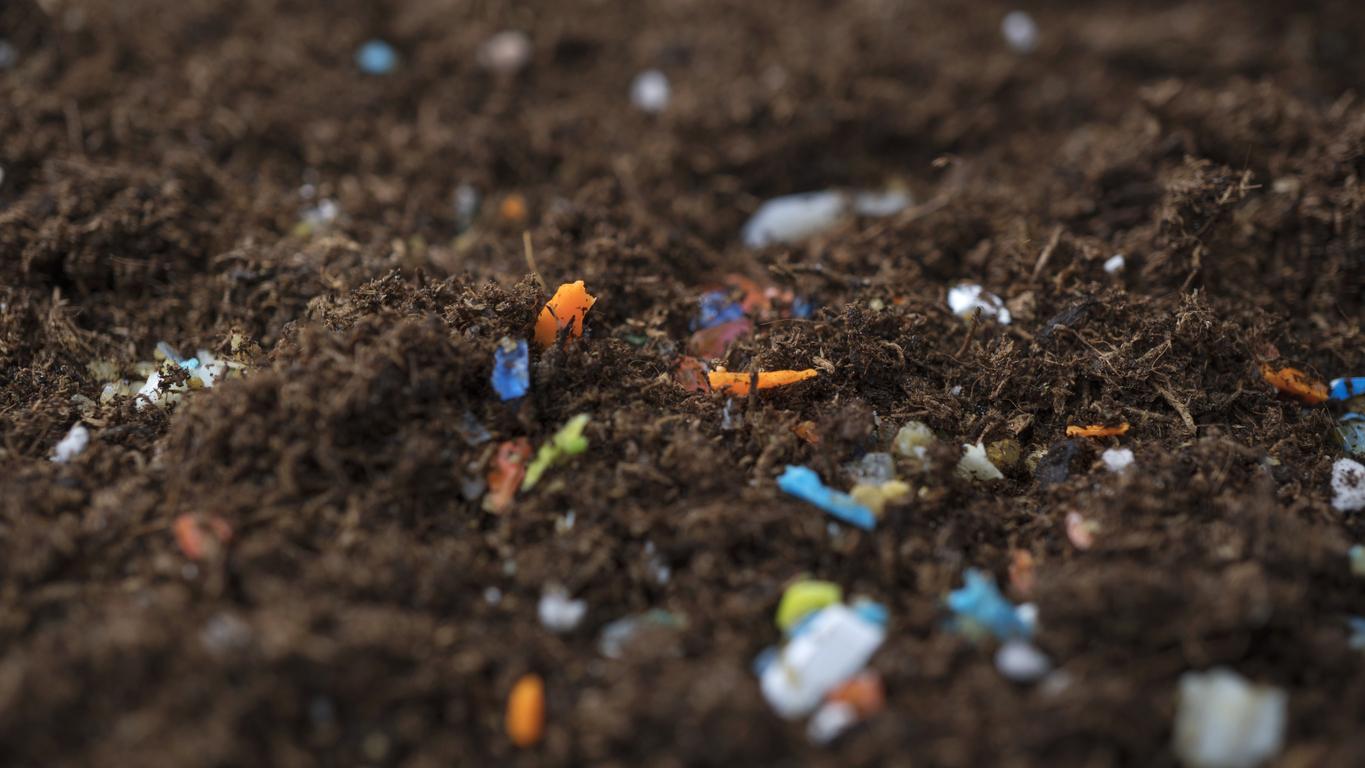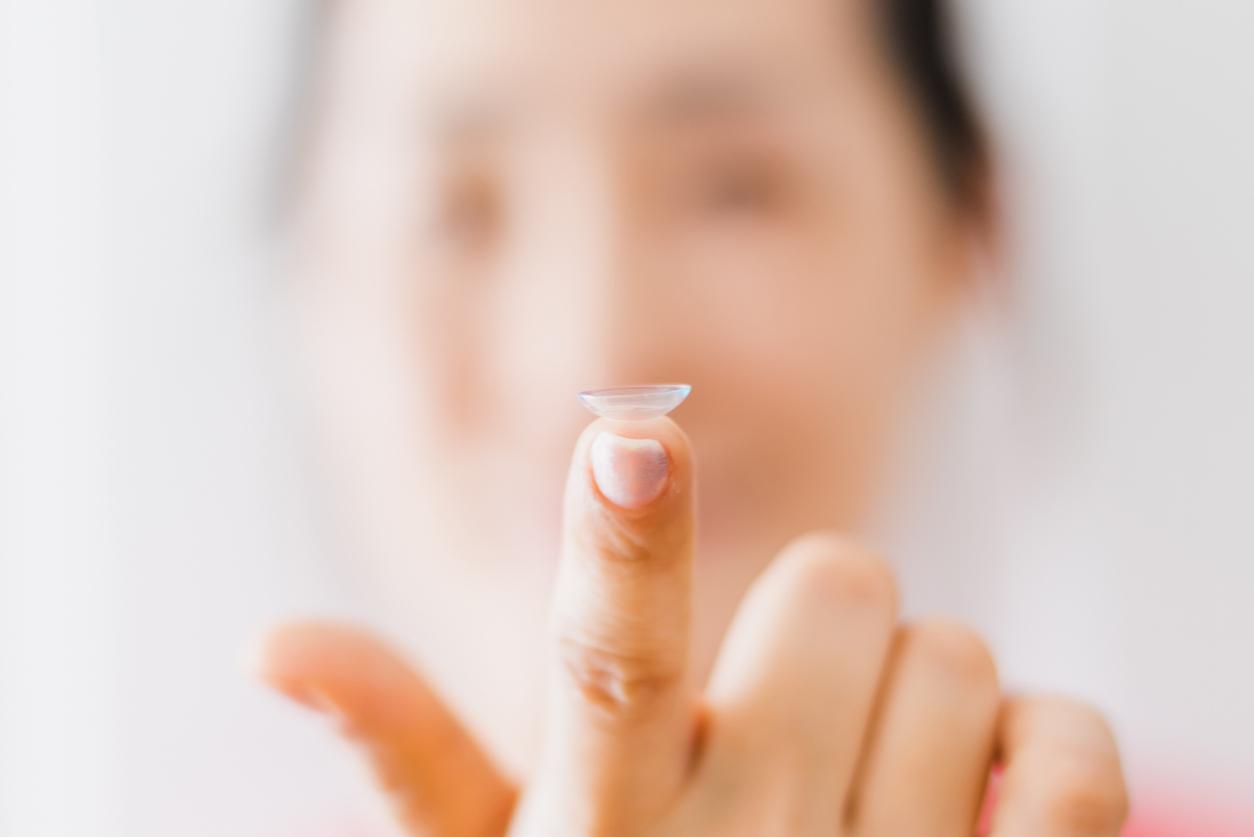An American study suggests that air pollution from plastic microparticles, released in particular by road traffic, could be the cause of respiratory diseases and cancers.

- Microplastics, from tire friction and decomposing waste, contaminate the air and could cause serious illnesses, according to a US study.
- These particles, linked to infertility, colon cancer and lung disorders, are omnipresent in the environment. Every year, 460 million tonnes of plastic are produced, a figure that could double by 2050.
- “These microplastics are a form of fine particle pollution, known for its harmful effects,” say the researchers, who call for immediate regulatory action.
Tires and rotting trash release tiny fragments of plastic into the air, creating a form of air pollution that US researchers at the University of California, San Francisco (UCSF) suspect can cause respiratory illnesses and other serious conditions. . This is what they report in a new meta-analysis published in the journal Environmental Science & Technology.
The effects of microplastics on human health
An in-depth review of nearly 3,000 studies on the subject revealed worrying links between these microparticles, less than 5 millimeters in size, and various serious health problems, including male and female infertility, colon cancer and a deterioration in lung function. Researchers also highlight their potential to cause chronic lung inflammation, thereby increasing the risk of lung cancer.
“These microplastics are, in essence, a form of fine particle pollution, and we know that this type of pollution is harmful”explains Tracey J. Woodruff, professor of gynecology, obstetrics and reproductive sciences at UCSF, in a press release. Although the majority of research is based on animal models, the research team believes the findings also hold true for humans, who share similar exposures.

An invisible but pernicious omnipresence
Microplastics are omnipresent in our environment. Every year, global companies produce nearly 460 million tonnes of plastic, a figure which could reach 1.1 billion tonnes by 2050. However, one of the main sources of these particles is road traffic: friction tires on the road releases plastic fragments into the atmosphere.
“We urge health authorities and policymakers to consider the growing evidence of harmful health effects of microplastics, including colon and lung cancer”says researcher Nicholas Chartres, co-author of the study. Scientists are calling for immediate action to regulate these invisible but formidable sources of pollution, to protect public health and the environment.














